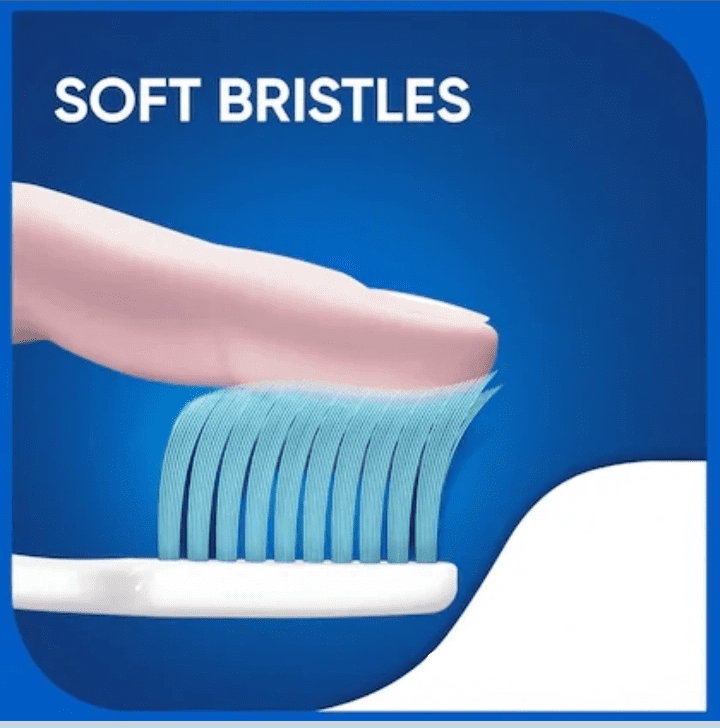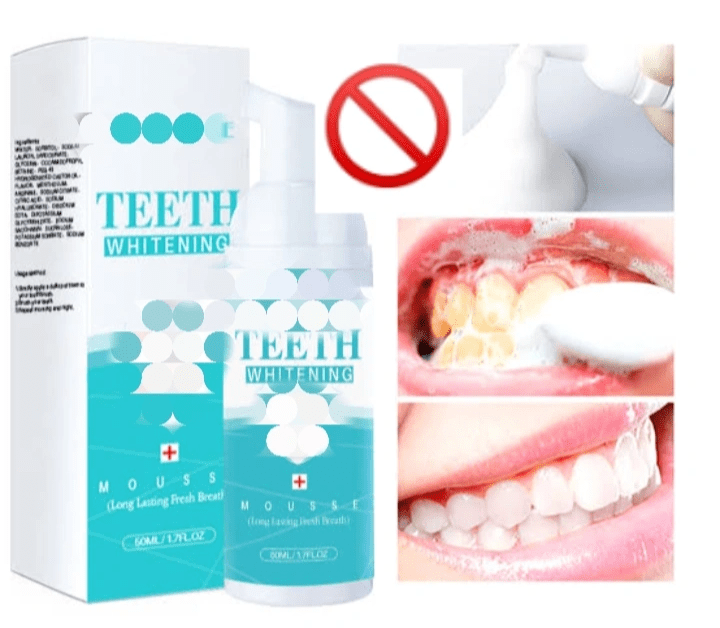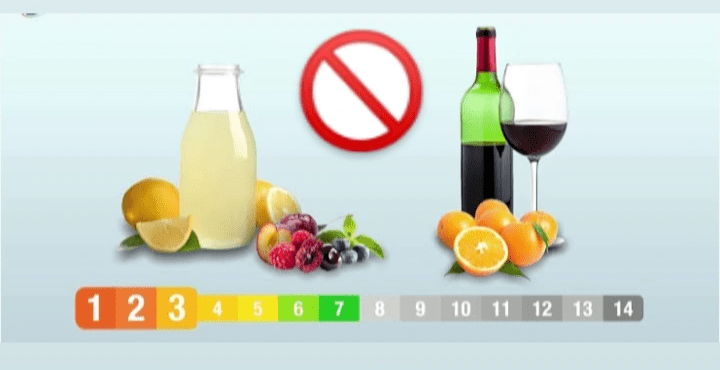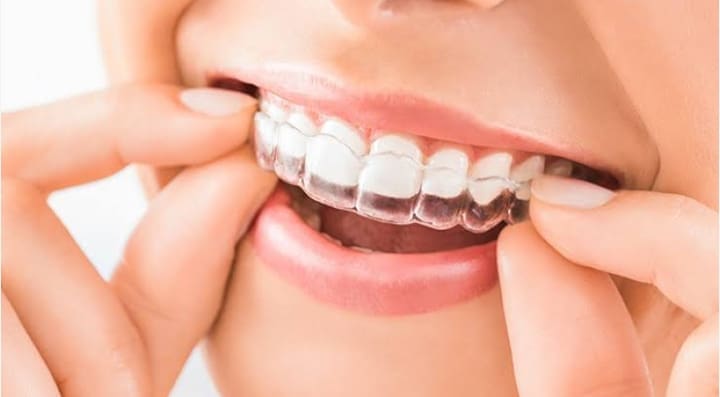If you’ve ever cringed from pain while enjoying a hot cup of coffee or biting into a cold apple, you know how uncomfortable tooth sensitivity can be.

Patient complains from teeth hypersensitivity
Dentin hypersensitivity, as it is also known, affects millions of people around the world and can be caused by various factors such as tooth decay, gum disease, enamel erosion, and even brushing too hard.
Here are some tips and tricks to help you find relief from tooth sensitivity and improve your oral health.
1. Use Desensitizing Toothpaste
Desensitizing toothpaste is an excellent choice for managing tooth sensitivity; It contains compounds that block pain signals from the sensitive nerves in your teeth, providing relief from sensitivity; It may take several applications to feel the effects, so be patient and stick with it.
2. Brush Gently with a Soft-Bristled Toothbrush
Brushing your teeth gently twice a day with a soft-bristled toothbrush can help alleviate tooth sensitivity by minimizing abrasive action on the enamel and gum tissue.
Brushing too hard or using a hard-bristled toothbrush can cause the enamel on your teeth to wear down, exposing the sensitive dentin layer underneath.
Gently brushing with a soft-bristled brush can remove plaque and food particles without damaging your enamel or gum health.

3. Avoid Teeth Whitening Products
If you’re experiencing tooth sensitivity, avoid using any teeth-whitening products; Teeth sensitivity can be caused by enamel erosion, receding gums, cavities, or exposed tooth roots.
Teeth whitening products contain chemicals that can penetrate your tooth enamel and irritate the nerve endings, causing discomfort and pain.
It’s best to avoid using any teeth-whitening products until you’ve addressed the underlying cause of your sensitivity.

4. Stay Away from Acidic Foods and Drinks
Highly acidic foods and drinks can erode the enamel on your teeth, leading to sensitivity.
Limit your intake of acidic foods and drinks such as citrus fruits, tomatoes, and carbonated beverages, and rinse your mouth with water after consuming them.

5. Use Fluoride Rinse
Fluoride helps strengthen your tooth enamel and can reduce sensitivity; Use a fluoride rinse after brushing and flossing your teeth, and swish it around your mouth for 30 seconds before spitting it out.

6. Drink Unsweetened Green Tea
Green tea contains natural compounds called catechins, which have anti-inflammatory and antioxidant properties; These properties make green tea an effective natural remedy for reducing tooth sensitivity.
The catechins in green tea can help reduce inflammation in the gums, protect against tooth decay, strengthen tooth enamel, and reduce the risk of erosion, which can cause sensitivity.
7. Wear a Night Guard
If you grind your teeth at night, you may experience tooth sensitivity; Tooth grinding wears away your enamel and eventually leads to exposed dentin, which can cause sensitivity.
A mouth guard can help protect your teeth, reduce sensitivity, and relieve pain.

8. Visit Your Dentist
If your tooth sensitivity persists or worsens, visit your dentist to rule out any underlying dental problems such as tooth decay or gum disease; Your dentist may recommend treatments such as dental fillings, root canal therapy, gum treatment, or other procedures to address the issue.
Tooth sensitivity can be painful and frustrating, but there are steps you can take to find relief and improve your oral health.
Follow these tips and tricks to manage your sensitivity and keep your teeth healthy, so you can enjoy hot or cold food without discomfort.
Don’t let sensitive teeth get in the way of enjoying your favorite foods; contact your dentist today to relieve your discomfort and pain.

